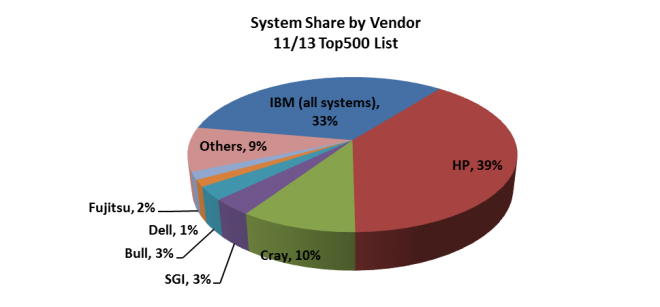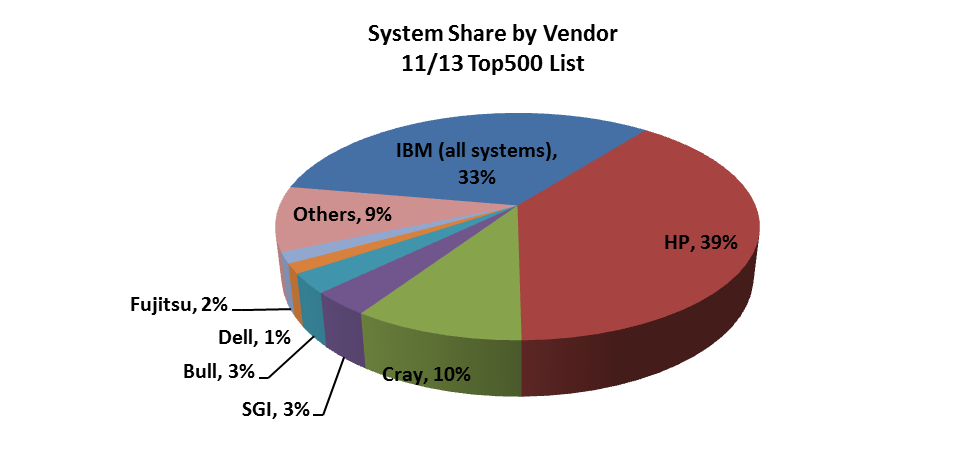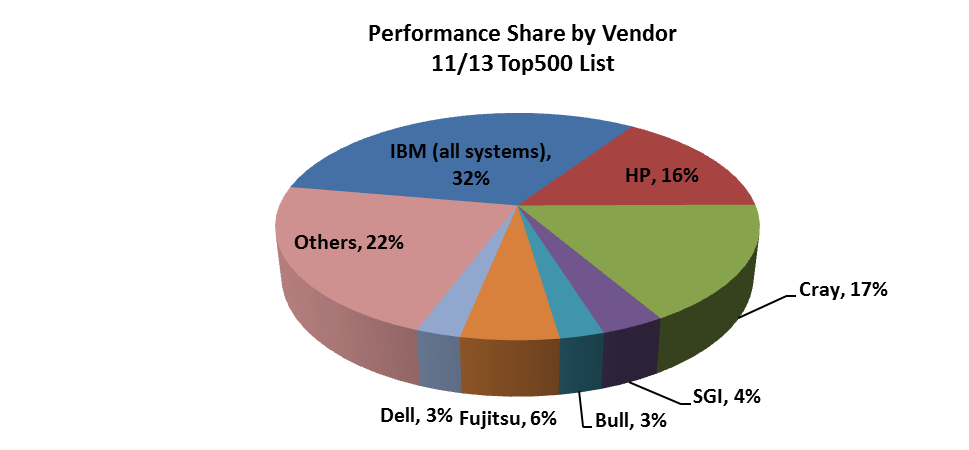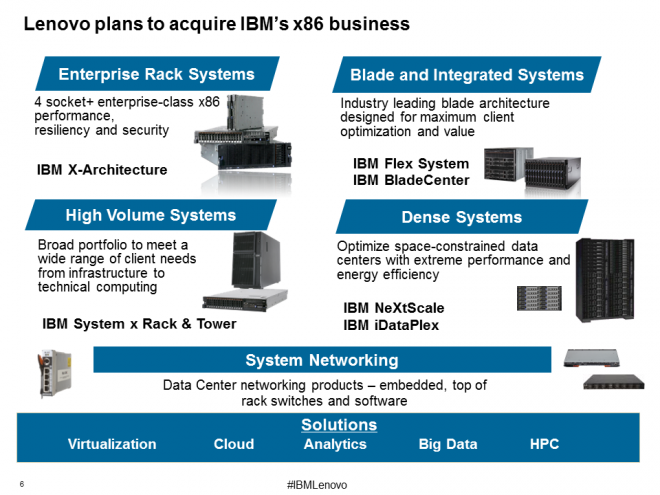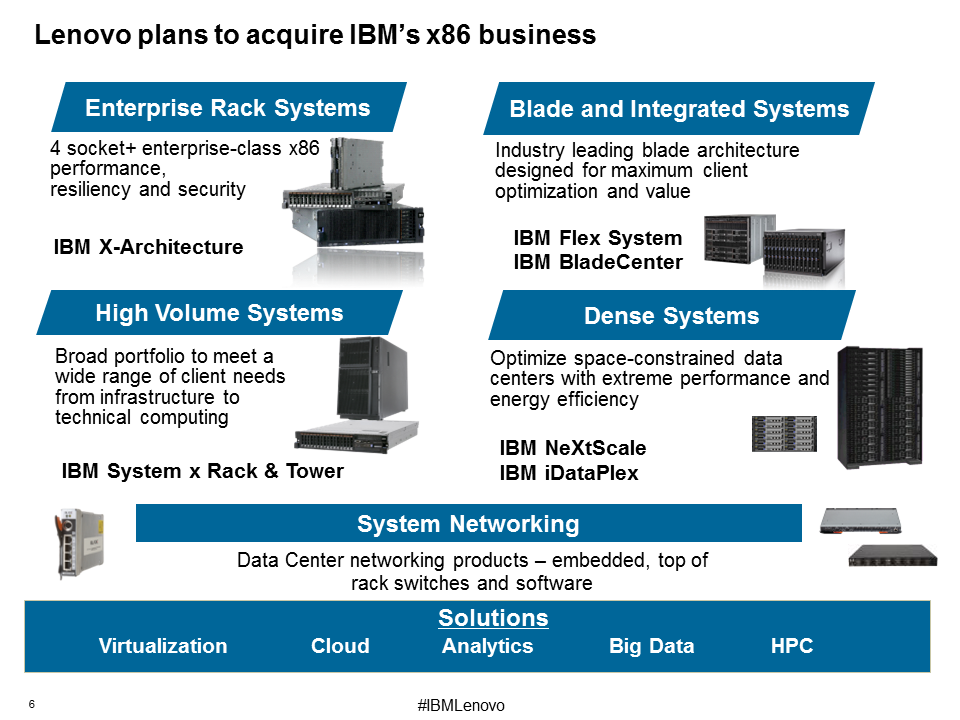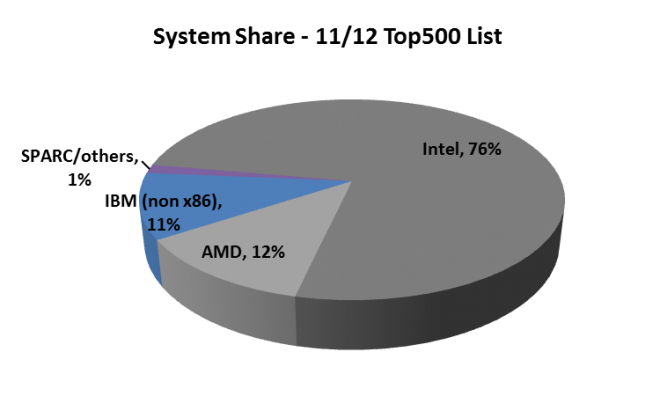A few months ago Brian Beach, a Distinguished Engineer at cloud backup joint Backblaze, published a set of study-like blog postings relating their experiences with hard drive lifespan in their 25,000 plus spindle environment.
The blogs garnered quite a bit of interest due to the subject matter, and provocative titles like: “How Long Do Hard Drives Last?” “Enterprise Drives: Fact or Fiction?” and “What Hard Drive Should I Buy?” The blogs raise interesting questions and put forward controversial conclusions.
One of most contentious claims came from the first blog (Simon Sharwood covers it here) in which Beach asserts that consumer-grade hard drives are actually more reliable than their supposedly industrial strength (and definitely more pricey) enterprise cousins. According to their research, enterprise drives failed at an annual rate of 4.6% vs. 4.2% for the consumer versions.
The bottom line, according to Beach, is that consumer drives are a better choice (even after factoring in the longer enterprise warranty) due to their higher reliability and lower cost.
Read More
